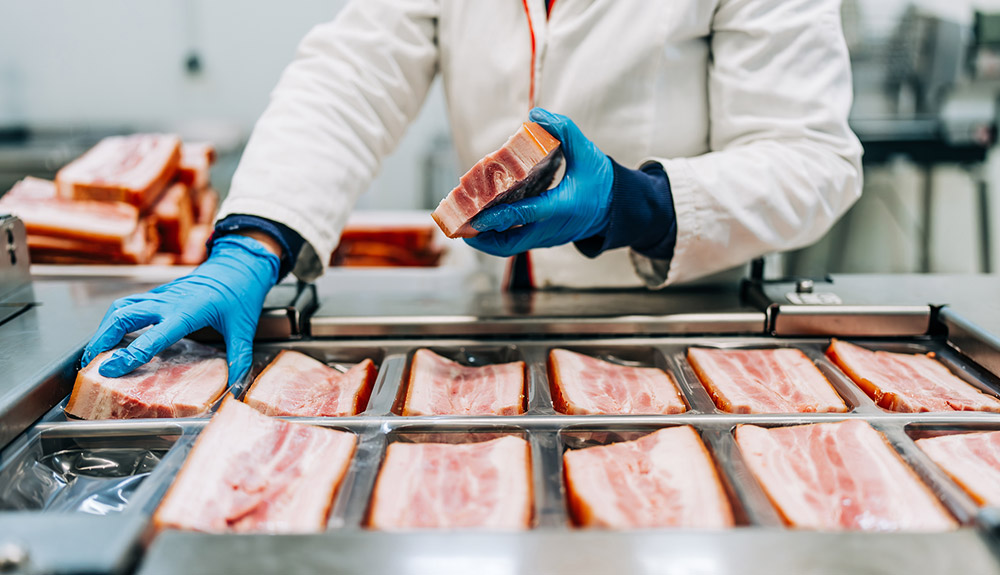When Tyson Foods set out to build a $355 million bacon facility, it evaluated 100 locations before choosing Bowling Green, Kentucky. What tipped the scales in Warren County’s favor? A community willing to go the extra mile—literally.
One decisive moment came when a local company under Houchens Industries voluntarily cut a road to improve site access—at no cost to the city or county.
"That’s the kind of teamwork that makes a difference," said Ron Bunch, CEO of the Bowling Green Area Chamber of Commerce. "It signaled to Tyson that this community was all-in."
A Deal Built on Flexibility and Speed
Bunch recalls that the project, initially operating under a code name, started in the summer of 2021.
"Tyson had evaluated 100 sites before selecting Bowling Green. We found out on the day of the public announcement," he said.
Bowling Green didn’t just offer available land—it offered solutions. The Chamber proposed eight site configurations before landing on one that met Tyson’s needs. When it became clear the project required more land, local officials acted fast, purchasing 200 additional acres. "The city and county split the cost 50-50 and even dipped into reserves," Bunch said.
We’ve spent over a decade building a career pipeline with our local schools.
In addition to the land, infrastructure was a priority. The Chamber had secured $46.5 million in bond funding, but additional investment was needed. "The road Scotty cut was invaluable. It allowed Tyson’s team to see the full potential of the site immediately," Bunch said.
The Workforce Edge
Beyond infrastructure, Bowling Green’s workforce strategy played a major role. "We’ve spent over a decade building a career pipeline with our local schools," Bunch said. The program provides real-time workforce demand data, five- and ten-year projections, and aligns training programs with employer needs.
Tyson’s facility, employing over 450 people, benefits from this workforce preparation. "Every company we meet is blown away by how comprehensive our workforce programs are," Bunch noted.
A High-Tech Food Processing Facility
The 430,000-square-foot plant represents a major leap in automation. Tyson integrated high-tech robotics, driverless forklifts, and autonomous guided vehicles to increase efficiency and reduce strain on workers. The technology eliminates ergonomically stressful tasks like moving large pork bellies and stacking boxes.
This deal proves that when a community works together before a client arrives, it makes all the difference.
Economic Impact
Tyson’s investment will generate $2.7 billion in local economic activity over the next decade. "This isn’t a generic estimate. We had an economist update our local variables to reflect Bowling Green’s economy," Bunch said.
Tyson already employs nearly 4,000 people statewide, and this project cements its long-term commitment to Kentucky.
"We’ve hosted economic development teams from Louisville, Savannah, and Indiana studying our approach," Bunch said. "This deal proves that when a community works together before a client arrives, it makes all the difference."
For site selectors and corporate executives, Bowling Green’s success highlights the importance of adaptability, investment, and collaboration in securing major projects.
